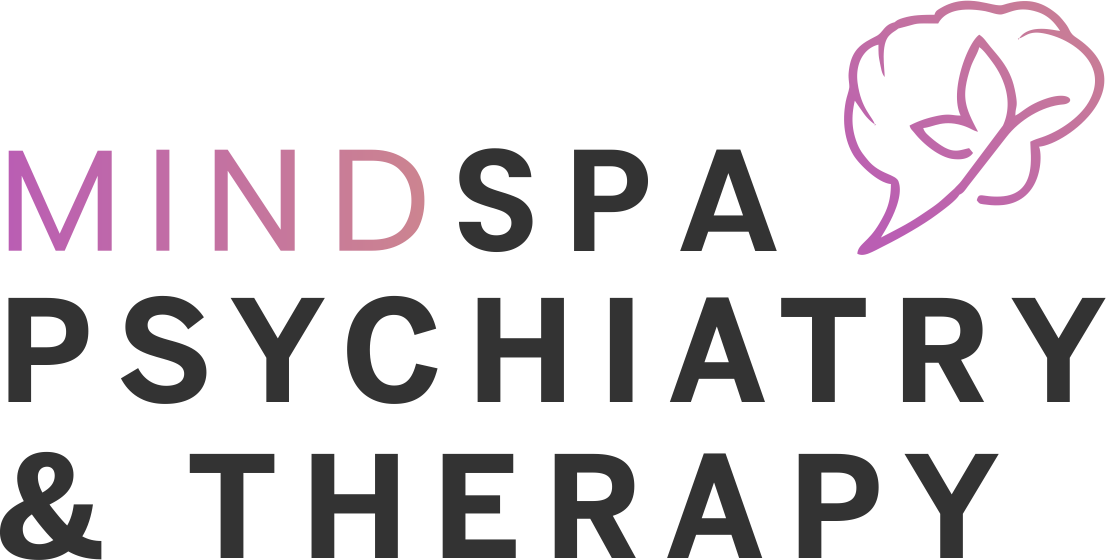Introduction
A lot has changed in terms of how mental health care is provided in the United States, with a focus on accessibility, inclusivity, and acceptance. Psychiatrists, such as medical professionals and nurse practitioners, are very important when it comes to treating a vast range of mental health conditions.
Patients who want to get the right care need to know what the different professionals do, as their educational backgrounds, areas of work, and methods may be different. Patients can make better choices about their mental health care when they are well-informed.
Role and Responsibilities of Psychiatrist Medical Doctors
Psychiatrist MDs are physicians who specialize in mental health and hold a Doctor of Medicine or Doctor of Osteopathic Medicine degree. Doctors of medicine (MDs) go through a lot of training in anatomy, physiology, pharmacology, and psychiatry.
They check patients for both physical and mental health problems, make treatment plans, interview them, evaluate them, give them diagnostic tests, and monitor their progress. If necessary, they may also prescribe medications and offer psychotherapy to deal with underlying mental problems.
Even though MDs can treat a wide range of mental health problems, some patients may have trouble getting help because there aren’t enough doctors available or the wait times are too long.

Role and Responsibilities of Psychiatrist Nurse Practitioners
Psychiatrist Nurse Practitioners (NPs) are advanced practice registered nurses (APRNs) with mental health training and Doctor of Nursing Practice (DNP) or Master of Science in Nursing (MSN) . They hold certification in evaluating, diagnosing, and treating mental health conditions. They can do psychiatric evaluations, write prescriptions for medications, offer counseling services, and do psychotherapy.
Psychiatrist nurses prioritize taking care of patients’ mental, emotional, and social well-being as a whole. To provide comprehensive care, they studied nursing theory, pharmacology, and psychiatric assessment and treatment, developing advanced clinical skills and critical thinking. NPs assess patients, create individualized regimens, and work with other healthcare providers. Their personalized, compassionate approach creates trust and rapport in therapy, which patients prefer.
Psychiatrist MDs Vs Nurse Practitioners
Nurse Practitioners (NPs) play a very important role in mental health care by supporting, guiding, and treating patients. Starting with a nursing foundation, they pursue advanced degrees like the MSN or DNP with a specialization in psychiatric mental health. This diverse background gives NPs with a thorough understanding of both the biological and psychosocial parts of mental health, allowing them to offer holistic and patient-centered care.
Psychiatrists MDs and Nurse Practitioners can diagnose and treat mental health conditions, but their roles may vary. Nurse Practitioners prioritize an interactive, inclusive approach, building therapeutic relationships with patients in treatment plans.
Nurse Practitioners listen to patients’ concerns, address their needs and choices, and assist them in decision-making. They also place a high value on patient education, self-management strategies, and supportive counseling, fostering a sense of collaboration and trust between patient and provider. They focus on patient education, self-management strategies, and supportive counseling to build trust and partnership with patients.
Patient’s Perspective on Nurse Practitioners in Psychiatry
Nurse practitioners (NPs) help patients with mental health issues by providing them with guidance and support. They create holistic treatment plans, keeping family relationships, stressors at work, and lifestyle choices in mind.
Through guidance, NPs give patients the ability to be part of their own mental health care. Diagnosis, treatment, and side effects are explained clearly to help patients make informed decisions.
Since NPs are easier to reach for follow-up appointments and support, treatment outcomes and more trust between patients and providers. Even though there might be issues with authority, practice range, and open communication, NPs go by the rules to give safe, effective care that improves mental health by trust and open communication.
Conclusion
In the US, psychiatrist nurse practitioners and psychiatrist medical doctors are very important in providing comprehensive psychiatric treatment. Even though they have different education and practice scopes, they both wish to improve their patient’s mental health and well-being. Knowing what these professionals do helps patients make better mental health care decisions, improving outcomes and lives.

